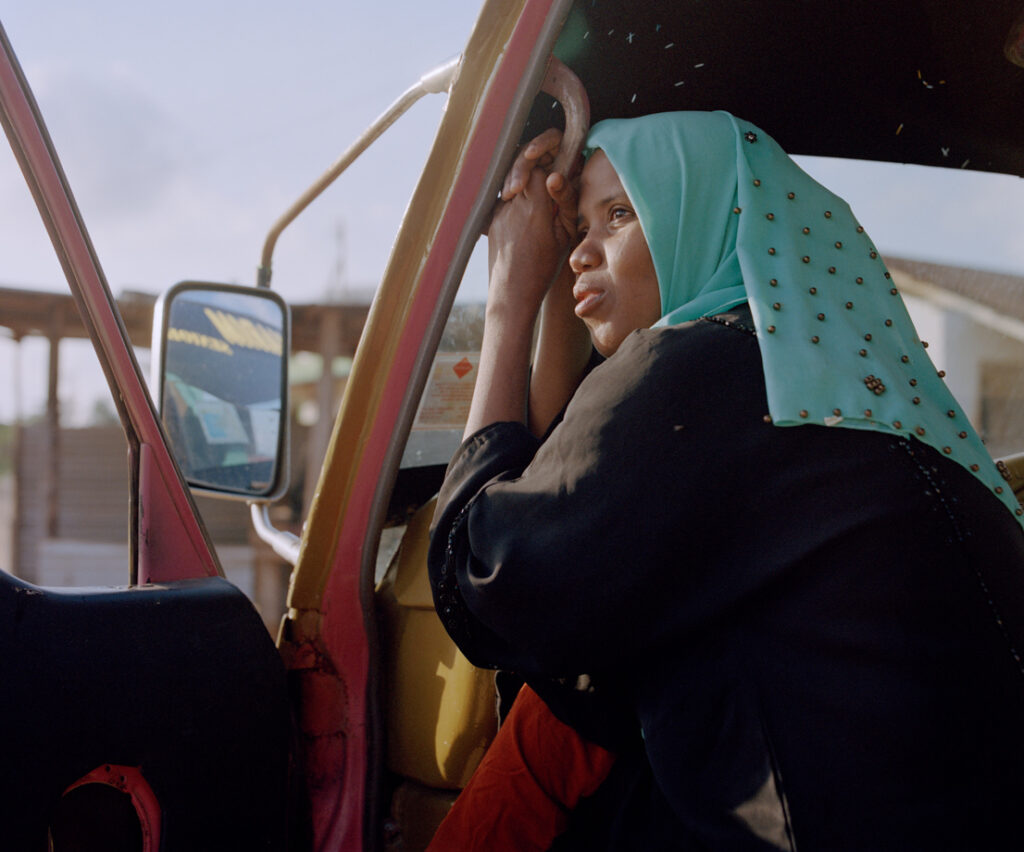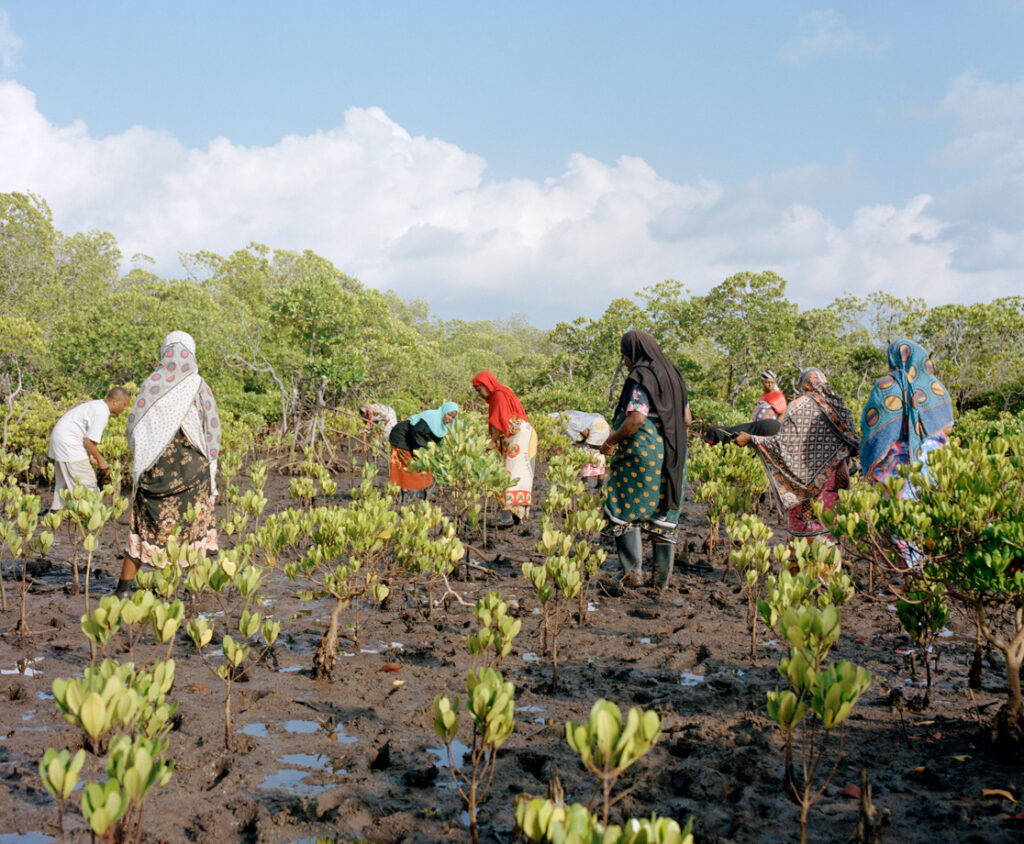Mama Mikoko
How Kenya´s mangrove mothers restoration efforts benefit nature and people
After two years of the COVID-19 pandemic and mostly virtual meetings, the ocean community is finally coming together again this week in Lisbon at the UN Ocean Conference. The goal: work towards the achievement of SDG 14, assess progress made through voluntary commitments, elevate solutions, and initiate new partnerships. A good stage to hear the voices of local communities, those who often are the first affected by rising sea levels, decline of fish stocks and pollution.
Jun 27 2022
„Us, who live close to mangroves, rely on fishing. Our fathers, our husbands, our brothers are fishermen and those fish breed in the mangroves. It´s our main source of income”, describes Zulfa Hassan, the 35-year-old mother of four, who is known locally in her community as “Mama Mikoko” (or “Mother Mangrove”).

© Kent Andreasen / WWF
“But there was a time when the mangroves we planted were destroyed by overconsumption. The revenue decreased as the fish disappeared. Then we started planting again and saw the regrowth – the crabs are found in large numbers and the fish have also returned.”
The petite woman speaks with confidence when she recounts the progresses and challenges of her work in the Mtangawanda Mangrove Restoration Women Group. She is proud of the title “Mama Mikoko” and of the successes they have achieved ever since they started planting the first hatchlings in 2018.
“In the beginning we faced many challenges. In our culture, Muslim women were not allowed to work. Men used to ridicule us. But mangrove conservation helped us. Some women started small business, selling fish, juices, and other food. Now everyone wants to join us because they have seen the fruits.”
Mangroves provide nature-based solutions to many worldwide challenges. Mama Mikoko and her women are a successful example of restoration and conservation done right to benefit nature and the community. But we will need many more of those examples if we want to succeed in tackling the biggest environmental challenges of this century – the rapid decline of biodiversity, acidification of the ocean or the steady rise of temperature and sea levels.
This week, governments, scientists, businesses, and activists and civil society come together at the UN Ocean Conference in Lisbon to mobilize ocean action and create and invest in solutions. A special focus lies on harnessing nature-based solutions including mangroves, salt marsh and seagrass that have been historically known to have major mitigation potential. A week of panels and discussions, voluntary commitments and calls to action.
But in order to deliver real and lasting change, we need to
To Mama Mikoko, the road to proceed is quite clear.

© Kent Andreasen / WWF
“I would like to advise the government to hold our hands and help us. To create laws that will regulate the use of mangroves, so that people don´t destroy them. We must help each other; walk side by side!”
With special thanks to The Nature Conservancy and Northern Rangelands Trust-Marine Program.